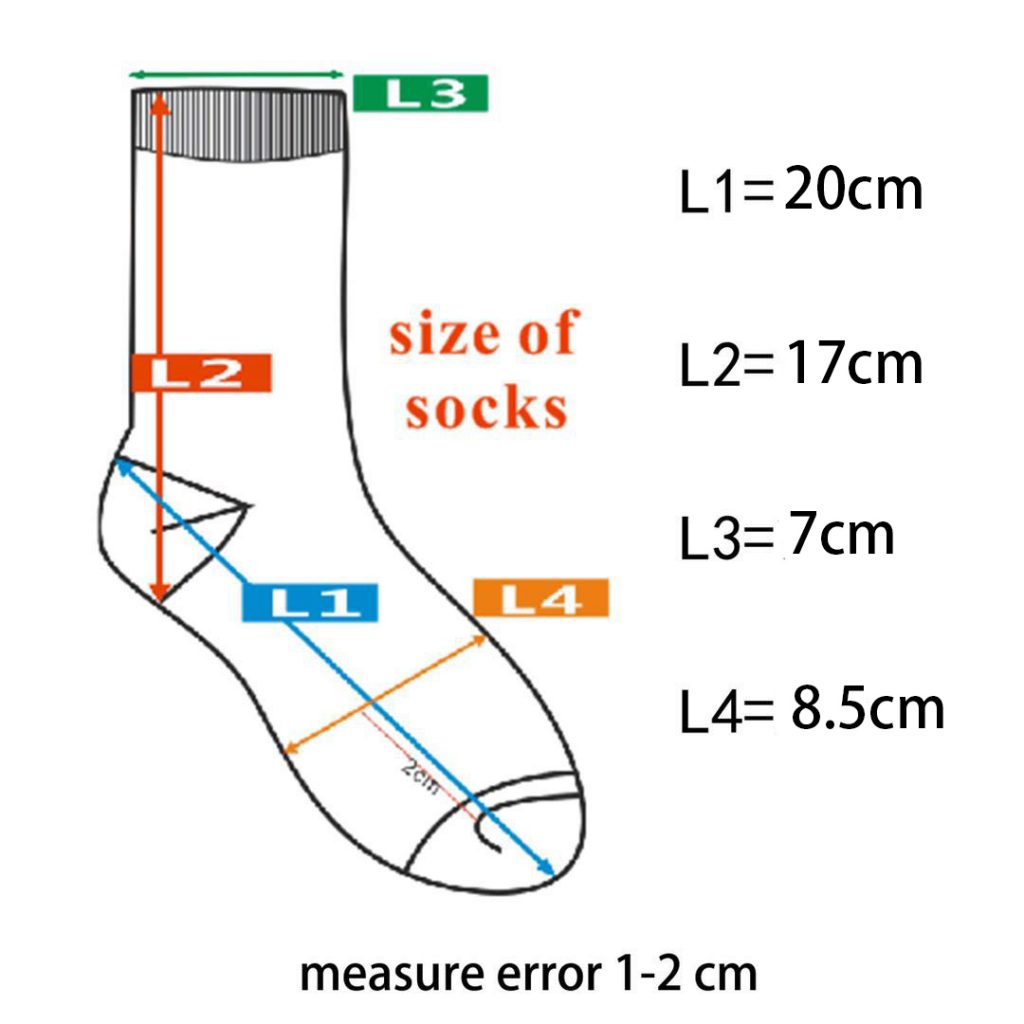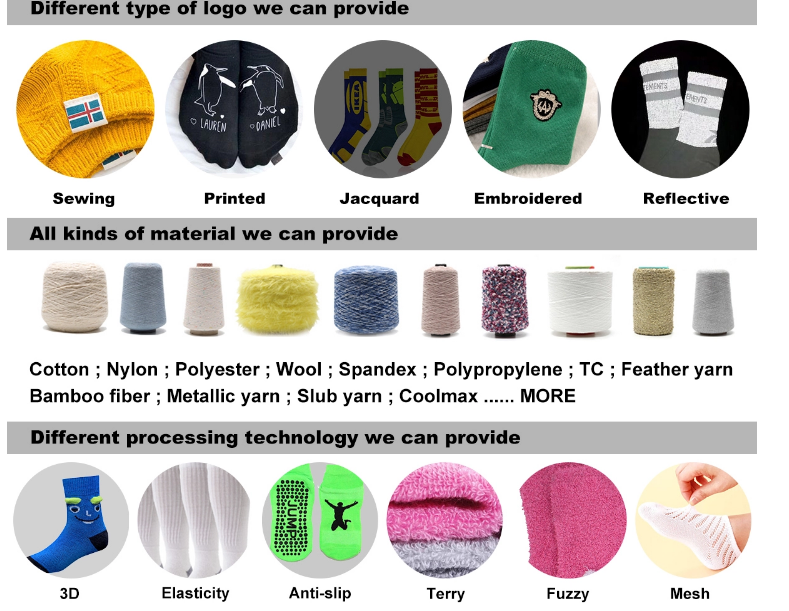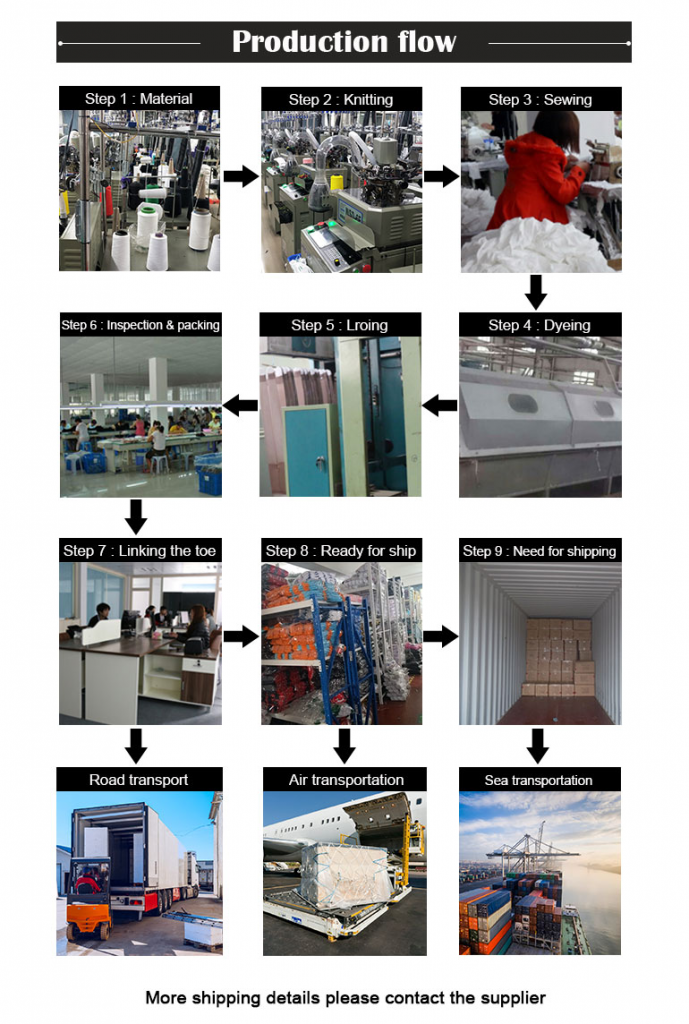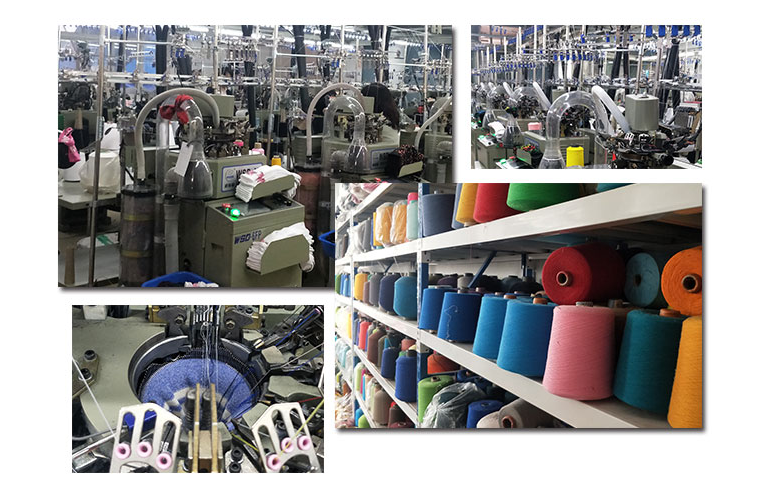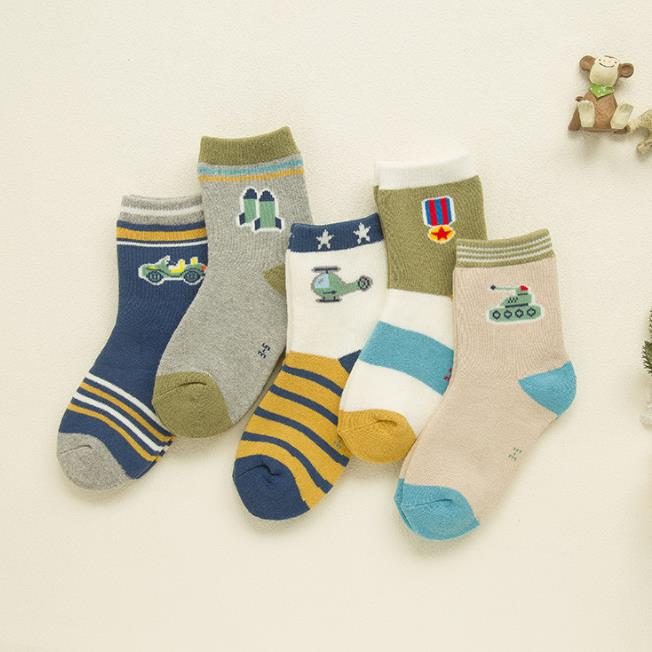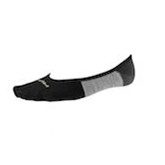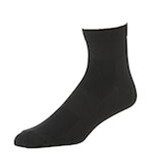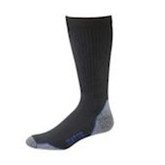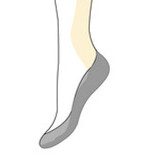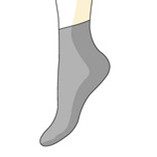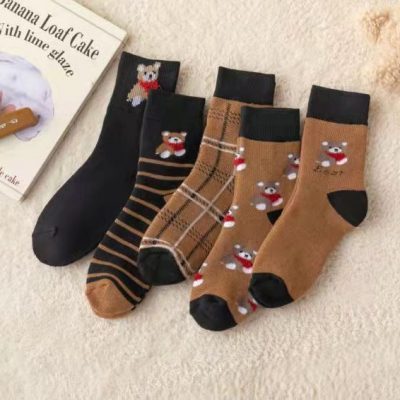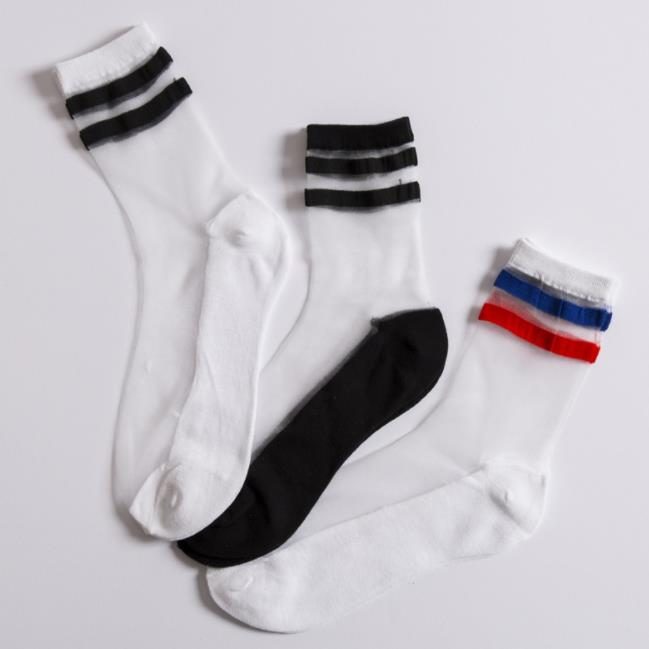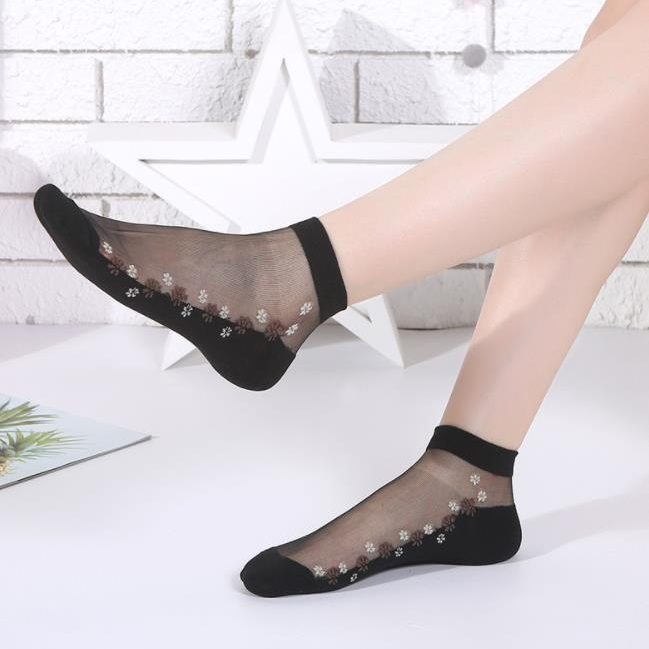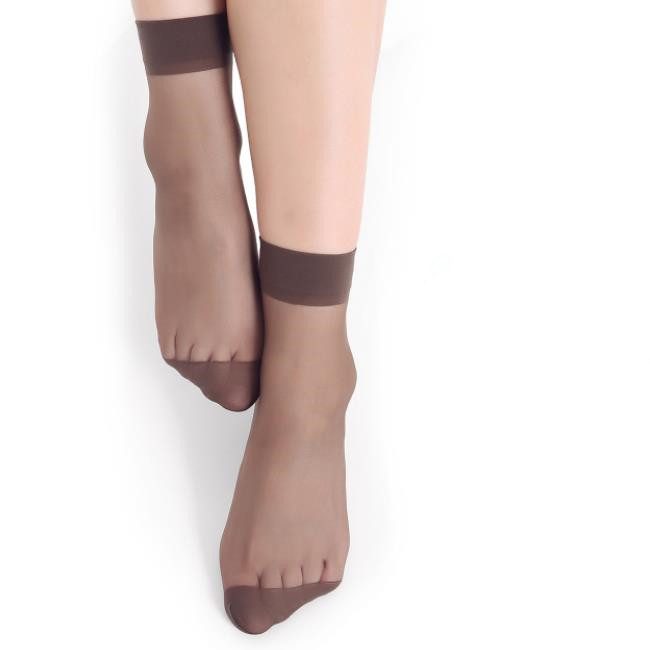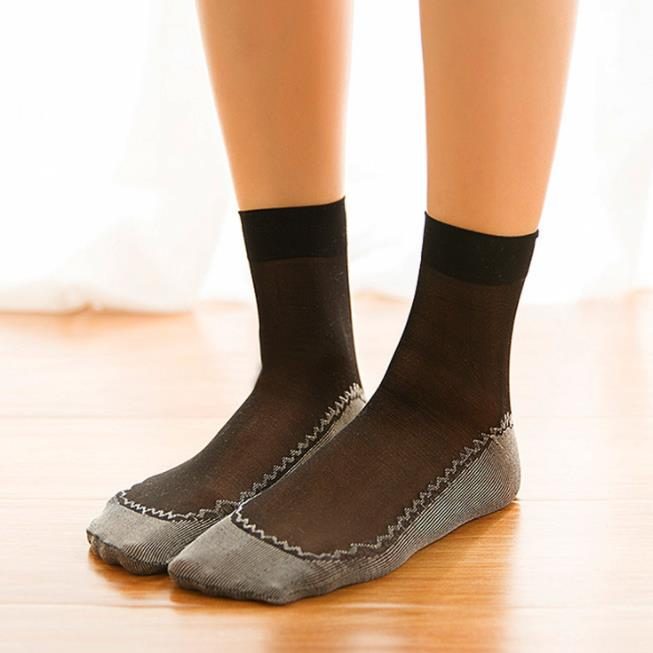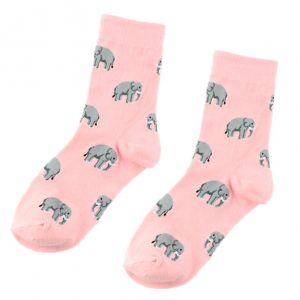
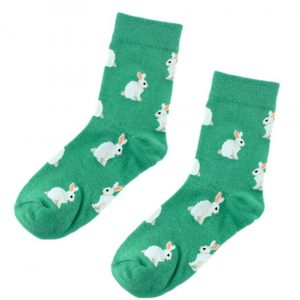
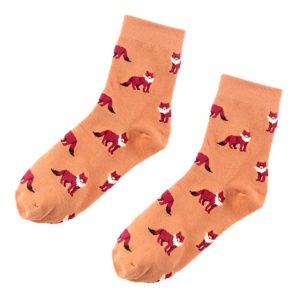
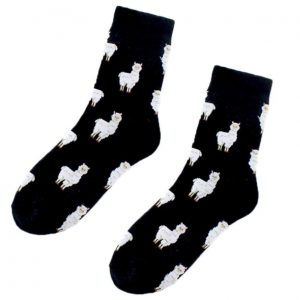
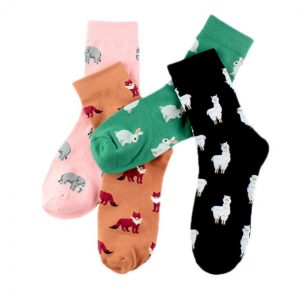
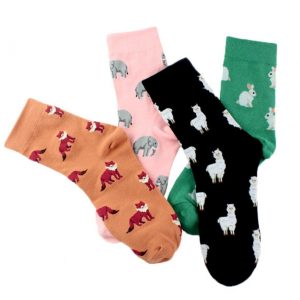
|
Name
|
Sock
|
|
Material
|
95% Polyester
|
|
Color
|
Picture Shown
|
|
Weight
|
45g
|
|
Features
|
Eco-friendly,Sweat-absorbent,Anti-slip,Breathable,Snagging Resistance
|
|
Size
|
One Size
|
|
MOQ
|
60 pairs
|
|
Logo
|
Accept customized
|
|
Feature
|
Anti-Bacterial, Anti-Foul, Disposable, Sustainable, For Diabetic
|
A sock is a piece of clothing worn on the feet and often covering the ankle or some part of the calf. Some type of shoe or boot is typically worn over socks. In ancient times, socks were made from leather or matted animal hair. In the late 16th century, machine-knit socks were first produced. Until 1800 both hand knitting and machine knitting were used to produce socks, but after 1800, machine knitting became the predominant method. One of the roles of socks is absorbing perspiration. As the foot is among the heaviest producers of sweat in the body, it can produce over 0.25 us pints of perspiration per day; socks help to absorb this sweat and draw it to areas where air can evaporate the perspiration. In cold environments, socks made from cotton or wool helps warm up cold foot which in turn, helps decrease the risk of getting frostbite. Thin socks are most commonly worn in the summer months to keep feet cool. Light colored socks are typically worn with sports shoes and dark colored socks with dress shoes (often black or navy blue dress socks). In addition, dark colored socks absorbs heat which in turn helps keep the foot warm while light colored socks reflects heat which in turn helps the feet stay cool.
